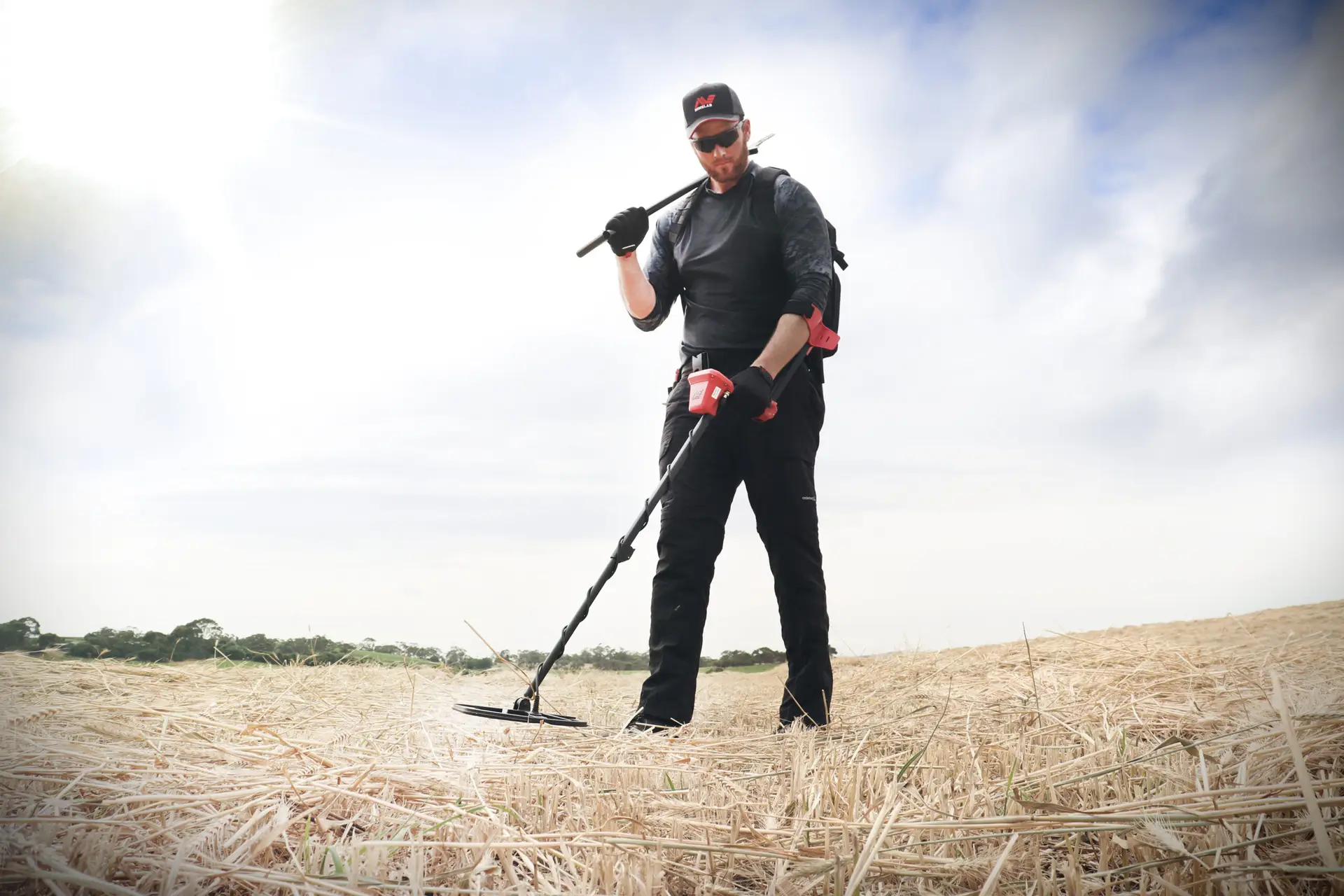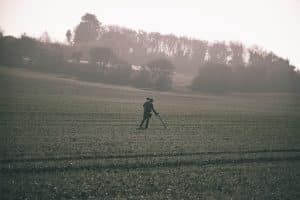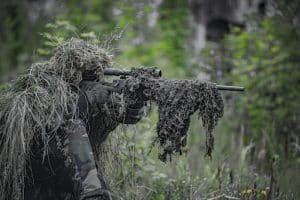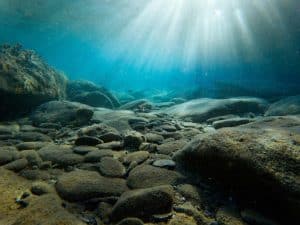
More than just a hobby, gold prospecting is an exciting journey. But like any other activity, there is risk alongside prospecting, especially when you visit remote areas. At Lucky Strike Gold we know how important it is to maintain your safety while following your gold-hunting hobby. That’s why, in this article, we’ll go over important safety advice to make sure your gold-hunting adventures are both thrilling and safe.
Understanding the Risks
Before embarking on any gold-hunting adventure, it’s essential to understand the potential risks involved. Probably one of the most common dangers in gold prospecting is uneven ground and unstable surfaces, I remember the time when I narrowly avoided a serious fall while navigating through rocky terrain, only by staying alert and using proper footwear, did I manage to maintain my balance and prevent any injuries.
Additionally, environmental factors such as extreme weather conditions can pose significant threats. Whether it’s scorching heat or torrential rain, make sure you are well prepared for adverse weather and uneven terrain by taking the time to research your chosen location’s terrain and potential hazards.
At Lucky Strike Gold, we always emphasise the importance of packing essential safety gear, including a first aid kit, navigation tools, and communication devices. These items can make all the difference in an emergency, providing peace of mind as you explore the great outdoors.
Safety Protocols in the Field
Once in the field, it’s essential to establish clear communication and emergency plans with fellow prospectors or the local police (if prospecting in outback Australia). It doesn’t matter whether you’re exploring alone or in a group, having a designated meeting point and means of contact should not be neglected. Furthermore, make sure you follow safe digging practices to avoid injuries and property damage. Always exercise caution when using tools like picks and shovels, and be mindful of your surroundings to prevent accidents.
In addition to physical safety, it’s essential to consider the impact of your prospecting activities on the environment. As caretakers of the land, we must prioritise environmental conservation and sustainable practices. This means minimising disturbances to the ground – fill your holes in – and adhering to local regulations regarding prospecting activities. Just by respecting the natural world, we can enjoy our gold-hunting adventures responsibly and ensure that future generations can do the same.
Encountering wildlife is an inevitable part of any outdoor adventure, and gold hunting is no exception. From curious critters to potentially dangerous animals, you must know how to react to wildlife encounters. Keep a safe distance from animals, especially snakes and avoid disturbing their natural habitat. If you do encounter wildlife, remain calm and slowly back away without making any sudden movements.
Recommended equipment:
The importance of having the right equipment, which not only ensures your safety but also maximises your potential for finding gold, cannot be overstated. Below are some recommended items available items that we advise every gold prospector to consider:
Contact Us Today
At Lucky Strike Gold, we’re committed to providing the equipment and support you need to stay safe in the field, whether you’re a beginner looking to get started in metal detecting or an experienced enthusiast seeking the next big find, call us at 03 5221 5400 or [email protected] to find out what equipment and support you need for a safe and fun gold-hunting experience.








